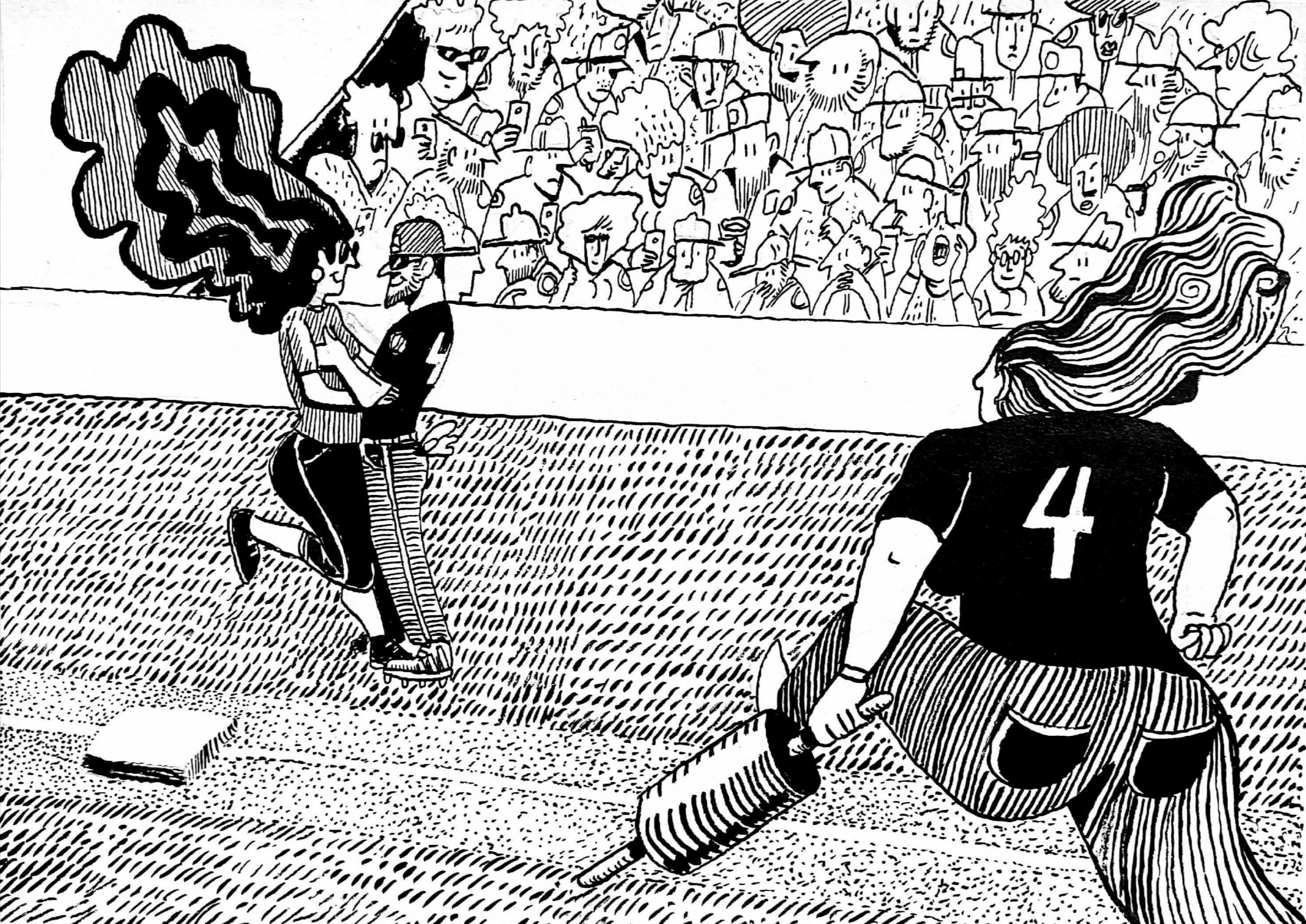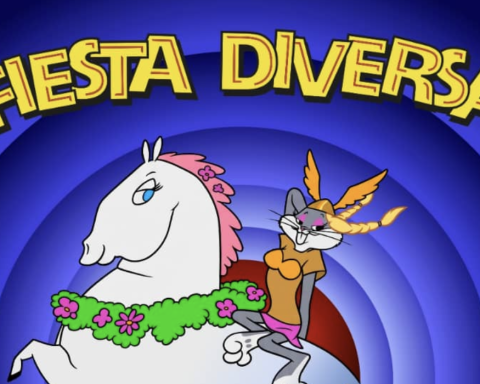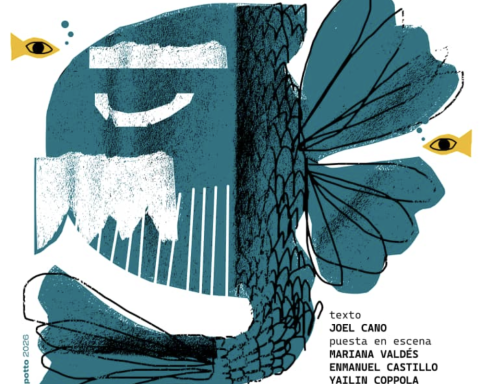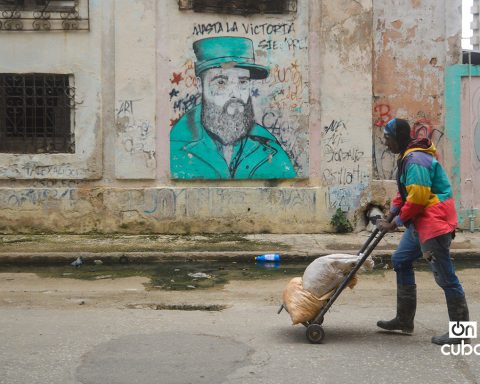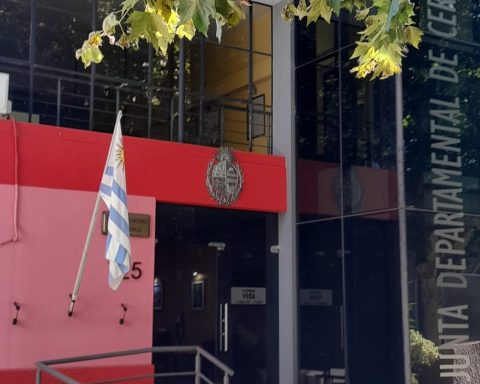The paths through which the language travels in its evolution are random and tangled, in such a way that it is not a simple vehicle of communication and understanding for a community but one of the most important archives of the culture and history of any human group. Today I will refer to a two-way influence, since it implies contact with another language, English, and also with a specific activity or field of experience, sports.
The relations between Cuban Spanish and baseball are of a complex nature, since they not only place us before a dynamic of linguistic convergence in which we appropriate the wide lexical repertoire associated with the practice of that sport, but also to a territory that very soon it became an inseparable part of our culture and our identity. Many investigations have shown how, in the hectic second half of the 19th century, the arrival of baseball from the United States became a device of cultural resistance against Hispanic cultural models and, therefore, a camouflaged path for the affirmation of Cuban identity.
In fact, very soon the Hispanicized equivalent “baseball” or simply “beisbol”, generated its own authentically Cuban form: the “pelota”. And that ball, which “bites and spreads”, has expanded to almost all spheres of daily life, the same in ball games, in rallies, that in messes. The truth is that the degree of contamination of popular speech with baseball jargon speaks volumes about its popularity and roots in the collective imagination.
The latest updates of American Spanish dictionaries include more than two hundred lexical entries whose origin refers to this sport. In the process of introduction and adaptation to Spanish and the Cuban norm, some of them kept their original spelling (average, strike, fly, pitcher, rolling…), others have undergone partial modifications (fields in “files”, hit in “jit ”…) or have been transformed into units that in turn have generated adjective or verbal forms. This is the case, for example, of homerun that gives “home run”, but also home run and home run; field goes to “fielding”, but also to fielding and fielder; and pitcher derives in actions like pitching and pitching. Although most of the terms tend to assume a lexical form from phonetic appropriation (as in strike, fly, home or hit), some variants may be more colorful than others. This is the case of “ampaya” as the equivalent of umpire, or the formation of diminutives such as “flaicito”. Equally relaxed is the formation of “tubey” as an adaptation of two-base, or the search for equivalences in the Castilian norm: inning-entrance, safe-quiet, umpire-referee…
However, even when the number of lexical references and their derivatives is numerous, it is in the field of phraseology and expressions of meaning where this influence expands considerably, reaching practically all areas of daily life and any type of communication. register or communicative situation. Each element of this sport has developed new meanings that contribute to daily communication with a wide repertoire of metaphorical turns, linguistic detours that add grace to a given communicative situation.
In some cases, it is still possible to reconstruct the origin of the appropriation, as is the case with the expression “being fourth batter”, indicative of someone who eats a lot. In its original context, the fourth batter in the lineup was alternatively called cleanup batter, that is, the turn that could find the bases full and, therefore, clean them, leave them empty, action or possibility that moved to whoever can ” Clean the table.
Other associations come from the function of a certain role in the game. Thus, “fire extinguisher”, which refers to the pitcher who must save a complicated situation, extends as a name to that person who is always used to solve certain problems; a “punch hitter” refers to someone who was not expected to do something; and a “batboy” to someone who performs an unhelpful task or a flatterer. “Bate”, in addition to its easy figurative association with the penis, led to other displacements of meaning: “give the bat”, is to get rid of something, to get rid of someone, to throw a person out of a place; but “give a bat” is to create a problem, start a discussion, or that a team or system does not work well; and if “a batting is formed”, it is a problem whose culprits or causes are unknown.
The pitcher-batter relationship is one of the fundamental areas of attention in the ball game, hence it provides many references that mark specific situations of the game, of greater or lesser tension. Thus, we find references to “being in three and two” as a climatic moment; “to strike out” is to fail in some purpose (“I struck out the exam”); “strike sung” or “straight through the middle of jon” is an expression of someone who has received news or a lesson with astonishment; someone who “splits the bat” has done something surprising or incredible. If something doesn’t convince us or we don’t like something that is offered to us, because just like the batter, we don’t “swing” it; and if we want to avoid an issue or situation, then like the pitcher, “we curve”.
An inadequate way out or solution to a problem is a “fao to the mesh”; if an error is made that will surely end in a penalty because you are “out by rule”; if a situation becomes uncomfortable “the inning was complicated”; and if you are caught doing something wrong, you are caught “off base.” A person who arrives unexpectedly or inexplicably at a place or position, “caba de fly”; if an issue is not resolved, the ball “stings and spreads”; and whoever believes anything, goes with the “bad ball” or with the “rag ball”. “Playing in the two ninths” is being bisexual, just like “putting double play”; and “batting for the opposite band”, being homosexual. Who is “bank” or “heats the bank”, is useless; and who “hides the ball”, does not give information on any matter. If we have to be far behind in a theater or a concert, we are “in the files”, and if the situation warrants it, because it is complex or dangerous, we have to be “steady on base”. A clueless person or who always finds out last, is “further behind than the ampaya”.
Very famous in Cuba are the so-called “hot corners”, an allusion to the complexity of defending third base and which has been preserved as a reference to the place where arduous polemics take place, whether it be baseball or any other matter. Very funny I have always found the expression “leave the park”, which is a nominal variant to replace the home run. The notion of overcoming the limit of the field, of transcending the space of the game, has motivated it to be associated with different types of situations. “Leave the park”, for example, can be equivalent to dying (“So-and-so left the park”); but also to a situation of ecstasy or loss of consciousness (“Last night I left the park with two drinks”), or to a person who is excluded from participating in something or from being somewhere (“get up for this or you’ll you’re leaving the park”).
Undoubtedly, there are many contributions of the baseball imaginary to our variant of Spanish, with nuances that distinguish that influence from other Spanish-speaking contexts in the Caribbean and America. And although it is about the universal baseball, for us it will always be about the ball, a very our way of taking “ball size”.
